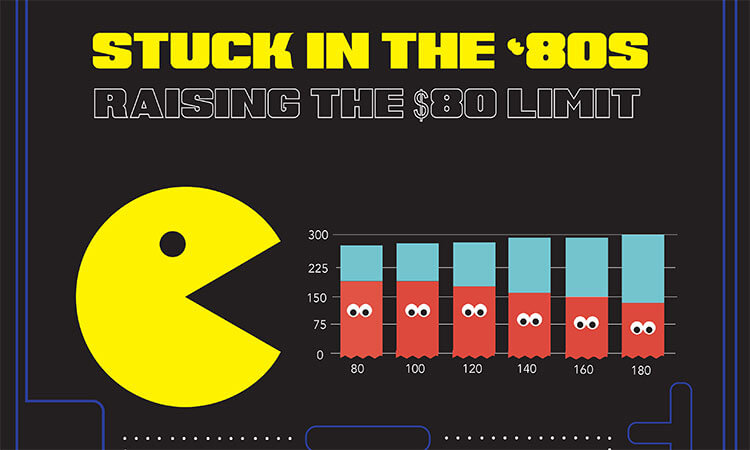On 9 October 2018, Lifewise made a submission to the Welfare Expert Advisory Group.
Abatement rates for benefits have not changed since 1986. The current regime traps people in poverty and encourages dependency on the welfare state. This policy affects most of the communities Lifewise works with.
What would Lifewise like to see?
An immediate review of the abatement ($80 rate limit on earning), one that allows people to work 15 hours a week (at minimum wage) and recognises the impact of inflation (on $80) since 1986. $80 in 1986 was worth approximately $250 dollars today or 15 hours of work, could encourage our whanau1 to explore meaningful ways to engage with work and income, just as people did in 1986.
The benefit of our proposal is that not only does our community benefit but it is a fiscally effective opportunity. Higher income means an increased tax take (in both GST and PAYE), and it is likely to reduce the cost of client management for WINZ as well as debt levels for WINZ clients because there are likely to be fewer requests for both hardship and food grants. This is a win-win situation for everyone.
For those that have been impacted by abuse, neglect by society and years of sleeping rough, it may take years to get to a place where the whanau are able to work full time. Volunteering and part-time work should be actively encouraged, valued, and supported through the benefit system, through community enterprise and activities, and responsible and supportive employers. This is the first step in people exploring their strengths and opportunities.



